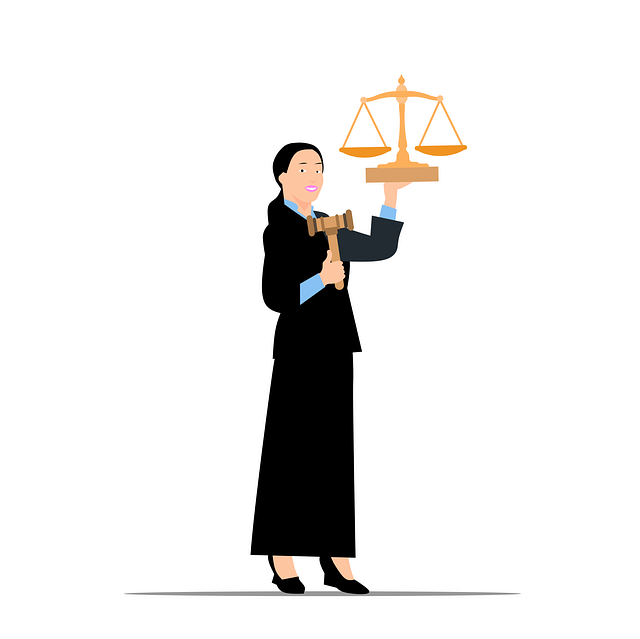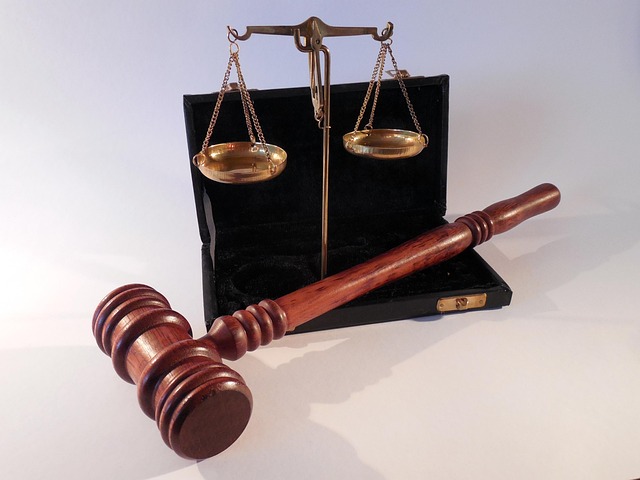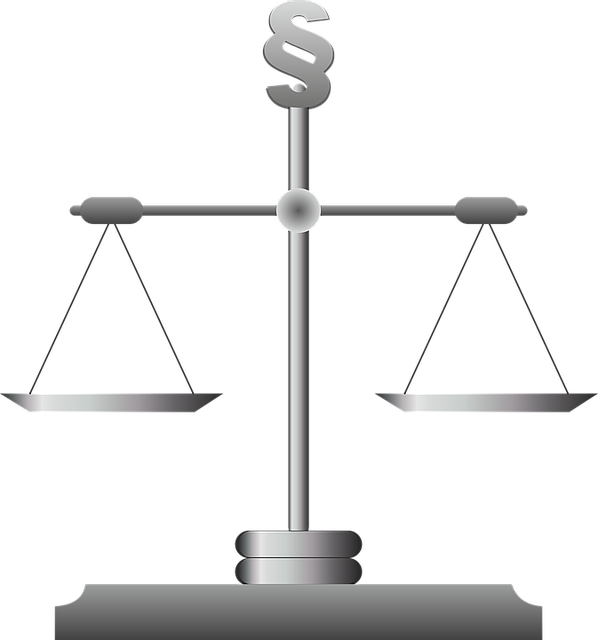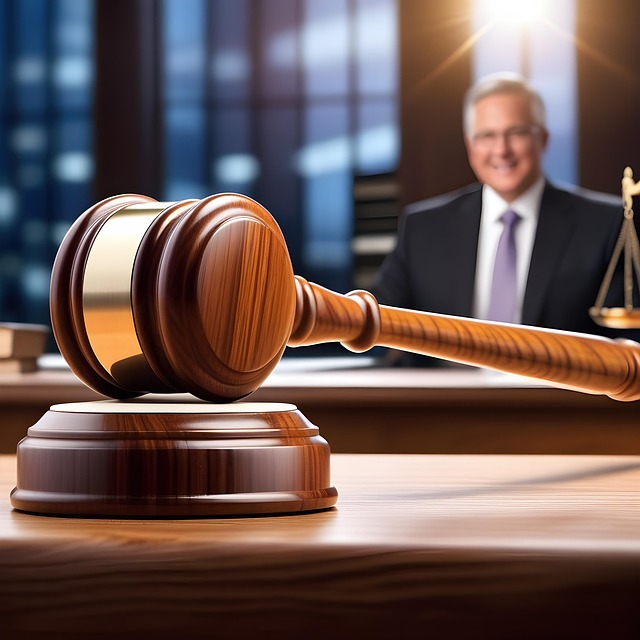Common fraud schemes pose significant challenges in financial crime prosecution. Jury selection is intricate due to complex cases, media attention, and potential biases toward corporate victims. Attorneys must strategically question jurors to uncover biases related to financial matters. Expert witnesses are crucial for educating juries on accounting complexities, despite challenges in prospective juror understanding. Effective jury selection ensures just outcomes in high-stakes trials involving white-collar crimes.
Fraudulent financial practices pose significant challenges to individuals, businesses, and economies. This article delves into critical aspects of navigating these complex issues. We explore common fraud schemes and their far-reaching impacts, highlighting the difficulties in selecting jurors for financial trials. Additionally, we discuss effective strategies to overcome biases during jury selection and the pivotal role of expert witnesses in evaluating evidence. Understanding these elements is essential for upholding justice in cases involving intricate financial maneuvers.
- Understanding Common Fraud Schemes and Their Impact
- Challenges in Identifying Suitable Jurors for Financial Trials
- Effective Jury Selection Strategies to Overcome Biases
- The Role of Expert Witnesses and Evidence Evaluation
Understanding Common Fraud Schemes and Their Impact

Understanding common fraud schemes is paramount when navigating the intricate world of financial crime. From sophisticated white-collar crimes involving complex web of false documentation to more straightforward cases of identity theft, a wide array of tactics are employed by perpetrators to exploit vulnerabilities in the system. These fraudulent practices can have devastating consequences, impacting individuals, businesses, and even philanthropic and political communities on all stages of the investigative and enforcement process.
The impact of these schemes is far-reaching, causing significant economic losses, eroding public trust, and undermining the integrity of financial institutions. The intricate nature of many frauds poses substantial challenges during jury selection, as it requires jurors to possess a nuanced understanding of financial transactions and an ability to discern subtle discrepancies. Effective communication and clear explanations from legal professionals are essential to ensure that potential jurors can grasp the complexities involved in these cases.
Challenges in Identifying Suitable Jurors for Financial Trials
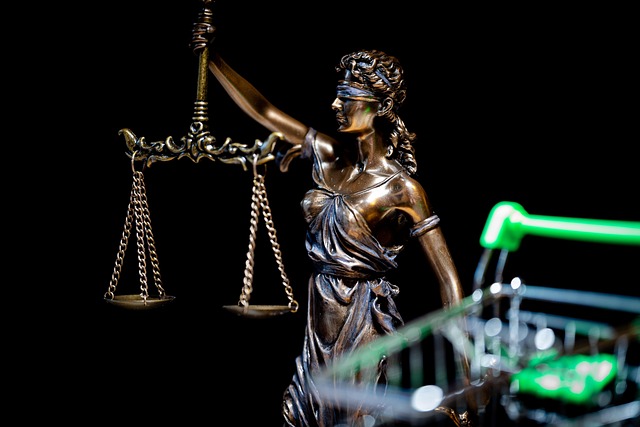
Selecting an impartial jury for financial trials presents unique challenges due to the complex nature of these cases. High-stakes cases involving fraudulent practices often attract significant media attention, potentially influencing potential jurors’ biases. As a result, finding individuals who can set aside preconceived notions and provide fair judgments is a daunting task. The risk of bias is especially high when defendants are accused of white-collar crimes, as the victims may be perceived as large corporations or wealthy institutions, further complicating the jury pool’s composition.
During jury selection, attorneys must navigate these challenges by employing strategic questioning techniques to uncover potential biases and prejudices. Careful screening involves delving into jurors’ financial backgrounds, personal experiences with investments, and any previous encounters with legal systems related to financial matters. The goal is to identify individuals who can objectively evaluate the evidence presented during what could be winning challenging defense verdicts, ensuring a just outcome for all parties involved in these intricate high-stakes cases while avoiding indictment.
Effective Jury Selection Strategies to Overcome Biases
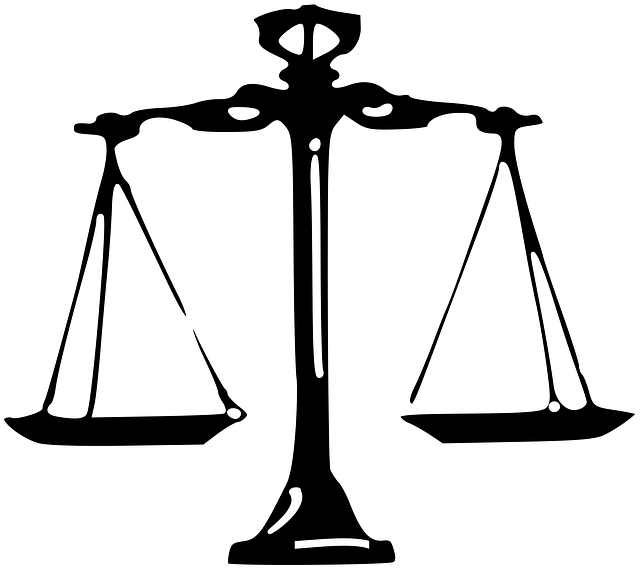
Selecting a fair and impartial jury is a critical challenge faced during trials involving fraudulent financial practices, especially in cases of white-collar and economic crimes. Jurors bring their own biases, preconceptions, and life experiences, which can unconsciously influence their decisions. For example, the perception of corporate versus individual clients may vary widely, leading to potential bias when deciding guilt or innocence.
To overcome these challenges, attorneys must employ strategic jury selection techniques. This includes thorough questioning during voir dire to uncover biases related to financial matters. For his clients’ best interests, lawyers should probe for any preconceived notions about complex economic issues or a general dislike for corporate entities. By doing so, they can ensure that the selected jurors will render a verdict based on the evidence presented in court rather than personal biases.
The Role of Expert Witnesses and Evidence Evaluation

In cases involving fraudulent financial practices, expert witnesses play a pivotal role in unraveling complex financial schemes and helping juries understand intricate accounting and economic concepts. These experts are often called upon to provide clear and concise explanations of financial data, offering insights that can be crucial for determining liability and calculating damages. However, they face unique challenges during jury selection. Prospective jurors may lack the financial acumen or interest in understanding the intricacies of these cases, making it a task to find individuals who can appreciate the expert’s analysis and make informed decisions based on it.
The expertise of these witnesses is instrumental in overcoming potential biases and misunderstandings that could hinder a fair trial. Their unprecedented track record for his clients in achieving extraordinary results speaks to their ability to navigate the complexities of financial fraud cases. By presenting evidence in a digestible manner, they can guide juries through the maze of financial documents, testimony, and expert opinions, ultimately facilitating a more informed verdict. This is particularly important given the challenges faced during jury selection, as it ensures that the jury is equipped with the necessary understanding to assess the validity of financial evidence presented in court.
Fraudulent financial practices pose significant challenges for justice systems, from understanding evolving schemes to selecting impartial juries. Navigating these complexities demands a strategic approach. By employing effective jury selection techniques that mitigate biases and leveraging expert witnesses for thorough evidence evaluation, courts can ensure fair trials. Addressing the unique hurdles faced during jury selection is crucial in holding perpetrators accountable and restoring integrity within financial institutions.
